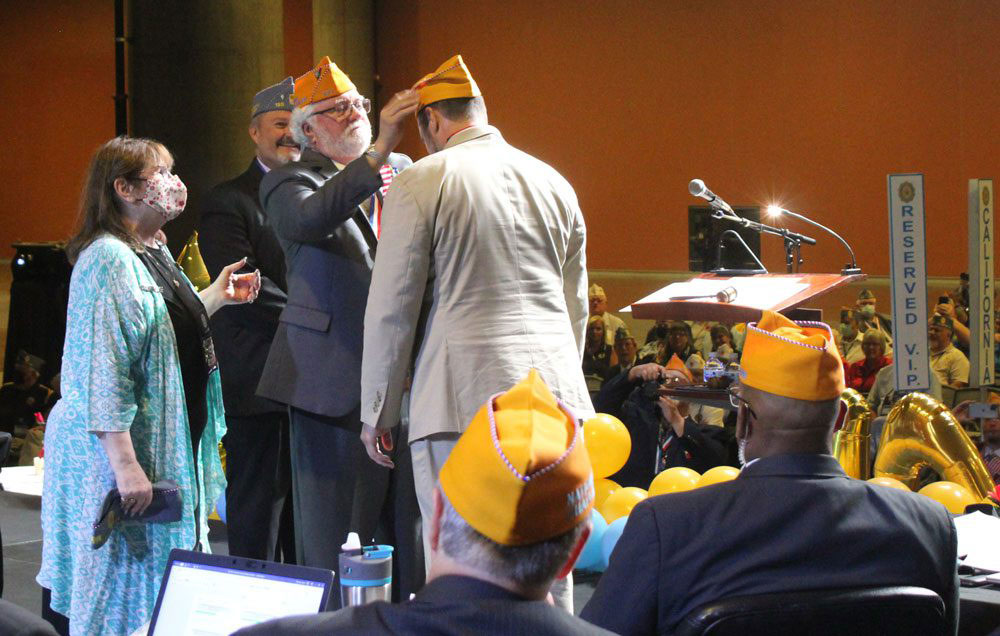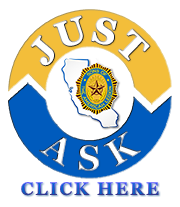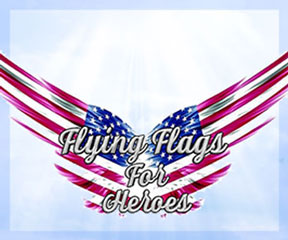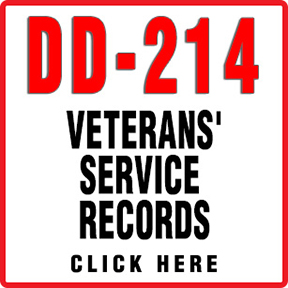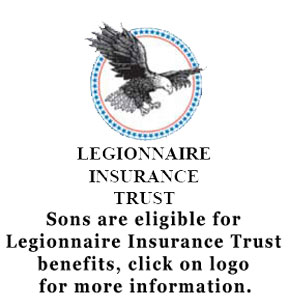An unprecedented capping ceremony took place at the Sons of The American Legion National Convention in Phoenix on Aug. 29. Ned Fox, the outgoing national vice commander for the Western Region proffered the gold cap to his son, Michael Fox, the newly elected SAL national commander.
It was the first time that a national SAL officer had presided over the capping of his son as national commander.
For Ned and Michael, this ceremony was a unique culmination following decades of service to veterans by the Fox family.
This service journey started in 1960 when Edgar Fox, a World War II veteran, moved to the Sacramento area and joined the Haggin Grant Post 521 in Rio Linda, California. As Ned reminisces, “Back in those days, it was truly a Legion Family. Legionnaires, Sons, and Auxiliary members were all enjoying joint activities every month.” With the Sierra Nevada (mountain range) nearby, “We were all skiing, snowshoeing, hiking and camping and managing a 16 team Legion baseball league in the Sacramento region.”
Squadron 521 not only led the Legion Baseball effort in the Sacramento region, they also had the teams’ members visit the Yountville Veteran’s Home of California each year for a two-week excursion of volunteer activity.
The Yountville Veteran’s Home is the country’s largest residential facility for veterans with nearly 1,200 residents.
This Legion Baseball/Service program started over 50 years ago, running through 2019.
The Fox family was the driving force of this program, delivering donated goods, spectator sports, games and social activities for the home’s residents.
All of the Legion Baseball team members participated in the activities and many returned to the event even after aging out of the league itself.
The main emphasis was to provide care, compassion, and activities for the Yountville veteran residents and it was one of the highlights of the year for them.
Michael started attending the Yountville events in 1980.
Being one of the younger Fox siblings, he was often spending time with veterans in the recreation halls, learning critical billiards and ping pong skills.
As Michael recounted, “as a 14-year old, I was once skunked three games of ping-pong by a one-armed, one-legged, legally blind resident veteran.”
Later on, he took on more responsibility for the program, including planning and logistics.
While the Yountville/Legion Baseball annual event was special, Michael’s perspective was that the Legion Family was part of his everyday social fabric.
The Fox family’s social activity centered on service to veterans not just at the CalVet Home, but in the community.
“It wasn’t until I was nearly an adult that I realized that we were doing something out of the ordinary by helping veterans”, said Michael. “We were active in the community, making the Legion Post a community hub of activity and getting beyond the Post’s four walls”.
It was this formative experience that has been the impetus for Michael’s major effort during his upcoming year as National Commander – Flying Flags for Heroes.
Michael’s vision is to place a million flags at the gravesites of American veterans, extending into community memorials and cemeteries, in a program that echoes what occurs at National Cemeteries on Memorial Day and to a lesser extent, on Veterans Day.
Michael wants the program to foster direct engagement between the Legion Family and the communities in which they reside, “literally opening the doors of the Posts” as Michael put it, using the flag placements as the vehicle to hold open house events at each Post.
Last year, Michael reached out to Preston Sharp, an SAL member from Redding, California who was honored for his own flag placement efforts by President Trump.
Michael realized that this was the perfect opportunity to bring the Legion Family, and its message of veteran service, back into the community. Since then, Michael and Preston have combined their efforts under the Flying Flags for Heroes banner, with Preston acting as the program’s national spokesperson.
As Michael recounted “Everyone knew who the Legion was and what they did in and for the community.”
Today, more often than not, Legion Family organizations are far less engaged in the life of the community and Michael sees providing the program, with its concurrent media outreach, as the means to re-connect the message of the Legion to their neighbors.
Lastly, Michael says that his experiences serving veterans made him a firm believer that service activities must be fun to be sustainable. What he means is “that sometimes a common goal is difficult to achieve if the completion of the goal is seen as a slog”. He added that “Combining the Flying Flags for Heroes program with community and social outreach will make the tasks more fun and deliver the message more broadly.”
The program can be accessed via the website link and requests for either Michael or Preston to attend your Legion Family flag placement event can be made there as well.
Members are encouraged to track their flag placement progress and upload photos and other social media mentions of their local activities.

